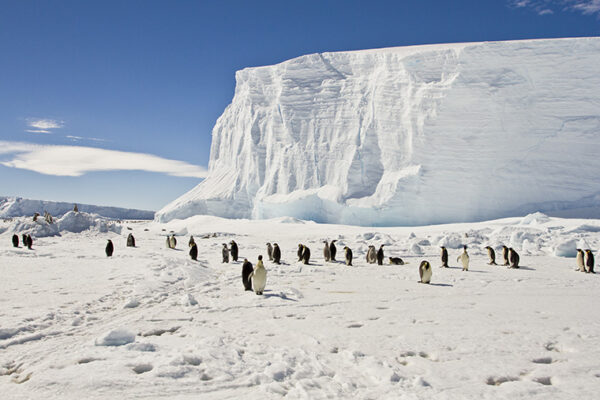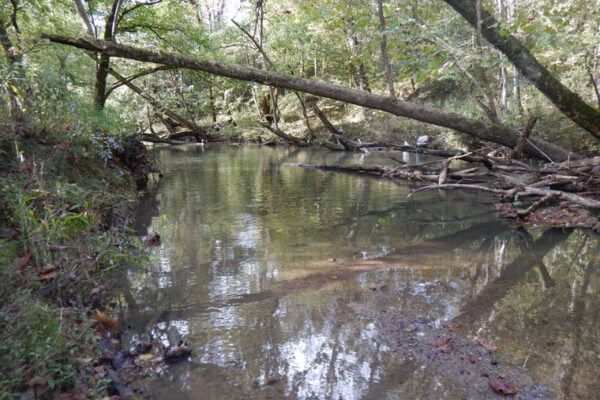Endangered species need help: No biology expertise required
New approaches to help save animals from extinction may come from experts outside of the traditional natural science disciplines. The Living Earth Collaborative invites social scientists, political scientists, engineers and other experts from the university community who would like to be involved in efforts to help with conservation projects to participate in a July 21 social event.
Urban bees collaboration wins USDA grant
A team that received early support from the Living Earth Collaborative was awarded a $633,000 grant from the U.S. Department of Agriculture to evaluate pollination in orchards across the city of St. Louis. They will examine how factors such as human population density, socioeconomic status, soil type and surrounding vegetation impact insect numbers and fruit yield.
Climate change is affecting when, how violets reproduce
Living Earth Collaborative postdoctoral fellow Matthew Austin published new research finding that climate change is affecting how violets reproduce.
Geoscientists to study structure and properties of Antarctic lithosphere
Geoscientists Walid Ben Mansour and Douglas A. Wiens in Arts & Sciences received a grant from the National Science Foundation to determine the thermal and compositional structure of Antarctica using seismic, gravity and topography data and petrological modeling.
Seed grant proposals sought
The McDonnell International Scholars Academy seeks proposals for its second cycle of Global Incubator Seed Grants. The submission deadline is Aug. 15.
Giving metal to microbes could reduce greenhouse gas
Collaborative research from the labs of Daniel Giammar and Jeffrey Catalano finds a lack of available metals may be responsible for more nitrous oxide than previously thought.
Where are the particles over the oceans from?
Jian Wang, professor at the McKelvey School of Engineering, will lead a research team that will analyze field study data to better understand how aerosol particles form over open oceans and their impact on cloud properties with a three-year $457,778 National Science Foundation grant.
Washington University joins effort to launch Taylor Geospatial Institute
Washington University in St. Louis is among eight research institutions that came together to help launch the Taylor Geospatial Institute, a hub for big data analytics and computing.
Canid conservation program launched
Washington University in St. Louis and the Living Earth Collaborative are part of a new Missouri-based conservation initiative led by the Saint Louis Zoo. Working with the Endangered Wolf Center, scientists are looking to answer ecological and health-related questions about canids — red foxes, gray foxes and coyotes — as well as bobcats, which live in close association with canids.
Changes in vegetation shaped global temperatures over last 10,000 years
Alexander Thompson, a postdoctoral research associate in earth and planetary sciences in Arts & Sciences, updated simulations from an important climate model to more accurately reflect the role of a greener Sahara and the coniferous and deciduous forests of the mid-latitudes and the Arctic.
Older Stories









